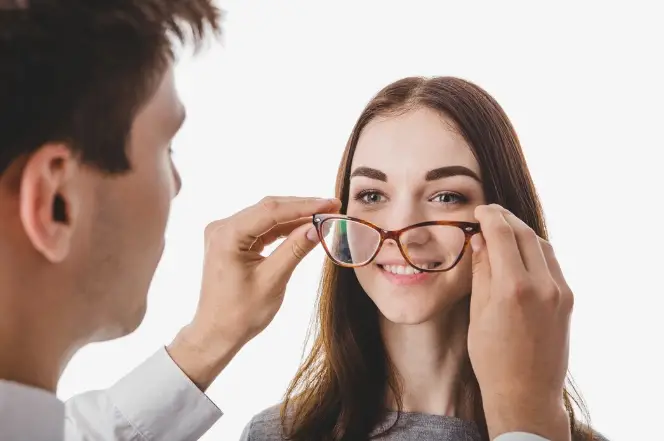What Are Your Options If Your Vision Is Declining?

Vision decline can be unsettling, affecting daily activities and quality of life. Fortunately, there are numerous solutions available for those experiencing vision loss, whether caused by aging, medical conditions, or other factors. Here’s a look at the options for preserving your vision, managing symptoms, and adapting to changes.
Seek Professional Assessment
The first step in managing declining vision is getting an eye exam from an optometrist or ophthalmologist. Regular eye exams help detect conditions like cataracts, glaucoma, macular degeneration, or diabetic retinopathy early on, when treatment is most effective. For many age-related conditions, catching them early can slow or even halt vision decline, providing more options for long-term management.
Consider Prescription Eyewear and Contact Lenses
Prescription glasses or contact lenses are the simplest, most accessible solution for vision correction. Optometrists can adjust prescriptions to address refractive errors like myopia (nearsightedness), hyperopia (farsightedness), and astigmatism. For those with presbyopia—a natural age-related issue where it becomes harder to focus on nearby objects—bifocals or progressive lenses are common solutions. Special lenses, such as blue light-blocking or high-index lenses, can also provide additional benefits depending on specific needs.
Surgical Options
For certain eye conditions, surgery may be the best option to restore or improve vision. Common procedures include:
- Cataract Surgery: Cataracts are a clouding of the eye’s natural lens, causing blurred vision. Cataract surgery involves getting rid of the clouded lens and replacing it with an artificial one, often restoring clarity and brightness to vision.
- LASIK and PRK: These laser eye surgeries correct refractive errors by reshaping the cornea. LASIK is popular for nearsightedness, farsightedness, and astigmatism, offering a lasting solution for many. You can get LASIK near Los Angeles to help correct your vision.
- Glaucoma Surgery: For individuals with glaucoma, there are surgeries to lower eye pressure, slowing the disease’s progression and preserving vision. Treatment varies widely, so consulting a specialist is essential.
Low Vision Aids
Low vision aids help individuals with significant vision loss maintain independence. These tools can magnify text, improve contrast, and make reading, writing, and other daily tasks more manageable. Examples include:
- Magnifying Glasses and Electronic Magnifiers: Handheld or electronic devices can enlarge print or objects, making them easier to see.
- Screen Readers and Text-to-Speech Software: For those who struggle with reading screens, screen readers convert text into speech, a helpful tool for staying connected and informed.
- Wearable Vision Aids: Devices such as electronic glasses or headsets can magnify images and adjust brightness and contrast in real time.
Lifestyle Changes and Eye Health
A healthy lifestyle can help preserve vision or slow its decline. Key practices include:
- Diet and Nutrition: Eating foods rich in vitamins A, C, and E, along with minerals like zinc and antioxidants (found in leafy greens and fish), can promote eye health.
- Avoid Smoking: Smoking is linked to higher risks of cataracts and macular degeneration. Quitting smoking can protect your vision and improve overall health.
- Protect Your Eyes from UV Light: Wear sunglasses with 100% UV protection to reduce exposure to harmful ultraviolet rays, which can damage the eyes over time.
Join Support Groups and Access Resources
Declining vision can impact mental health, as well as physical well-being. Support groups, whether online or in-person, offer emotional support and practical advice from others experiencing similar challenges. Additionally, vision rehabilitation specialists can teach adaptive skills for daily living, promoting confidence and independence.
